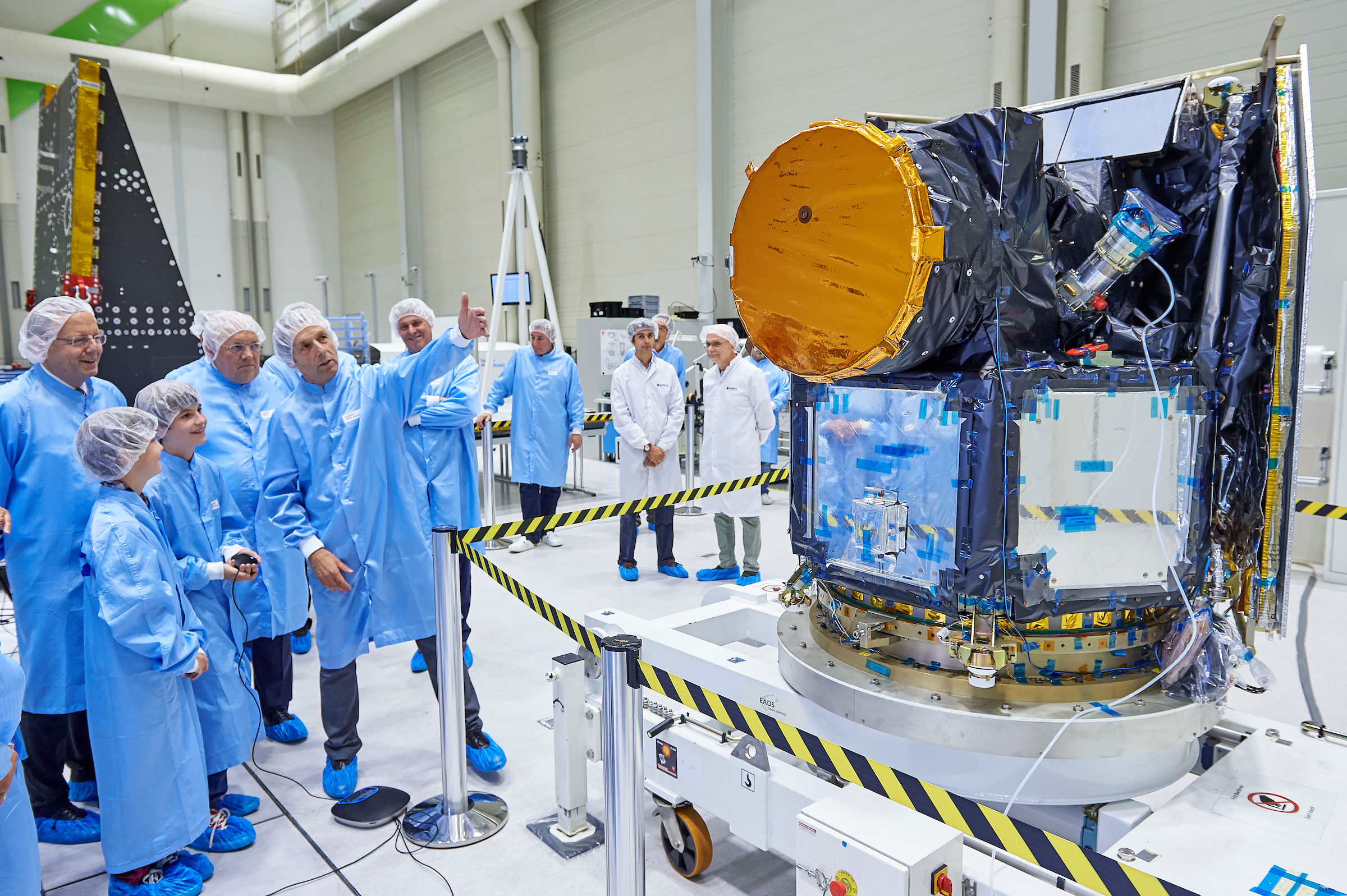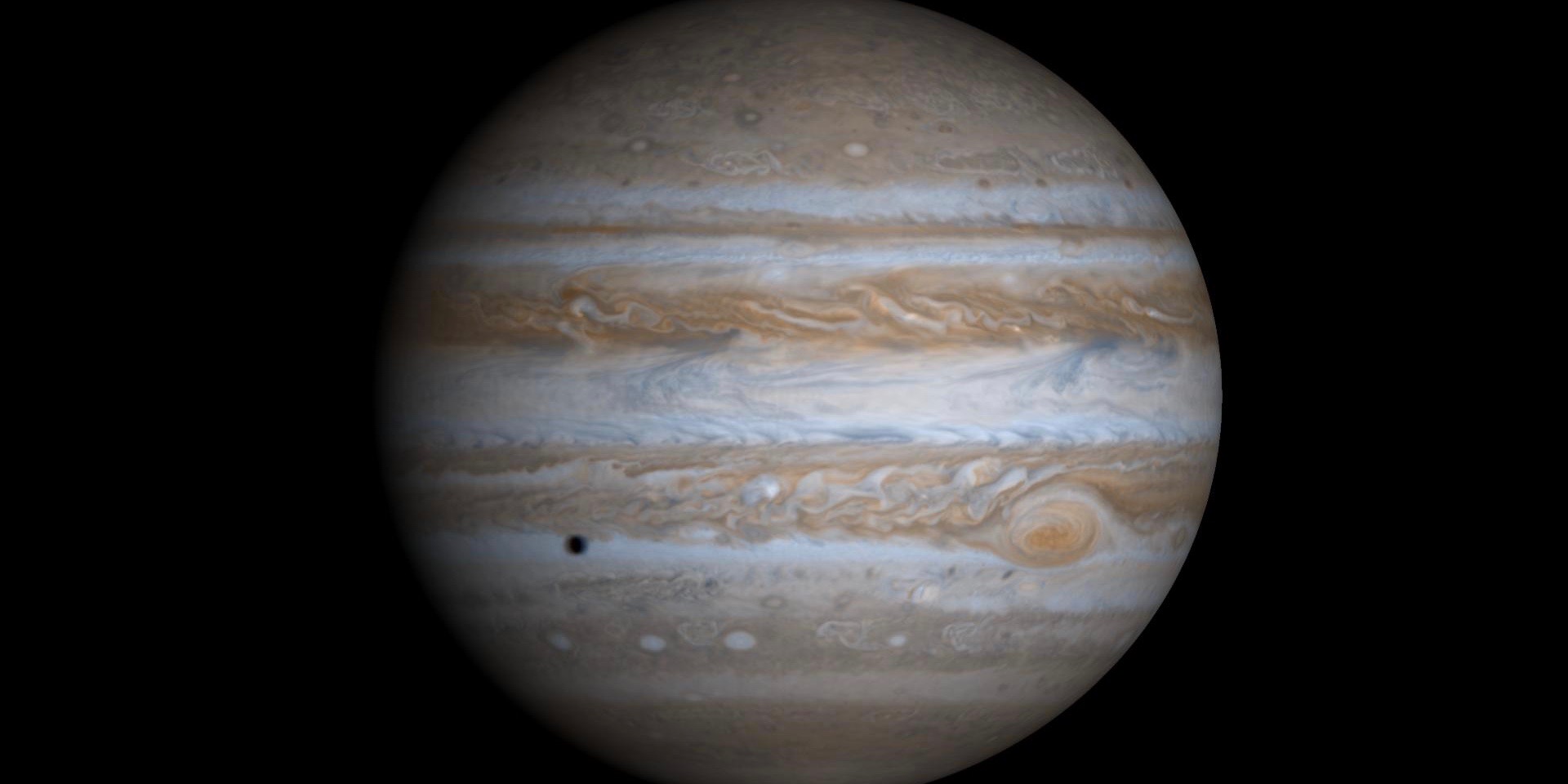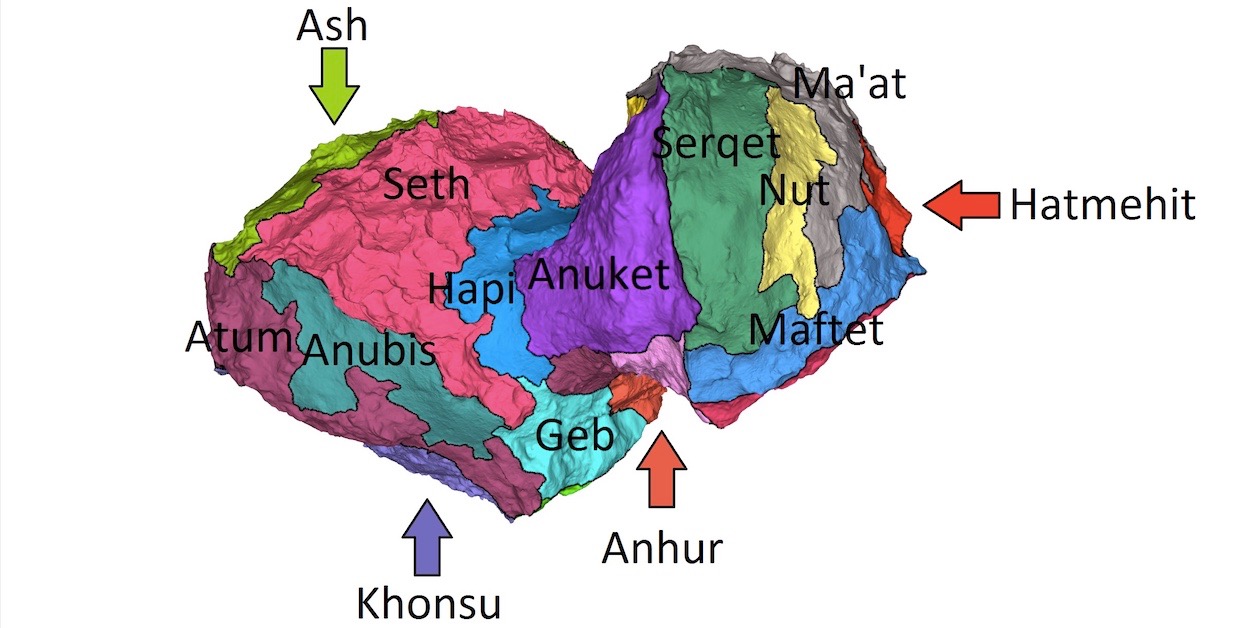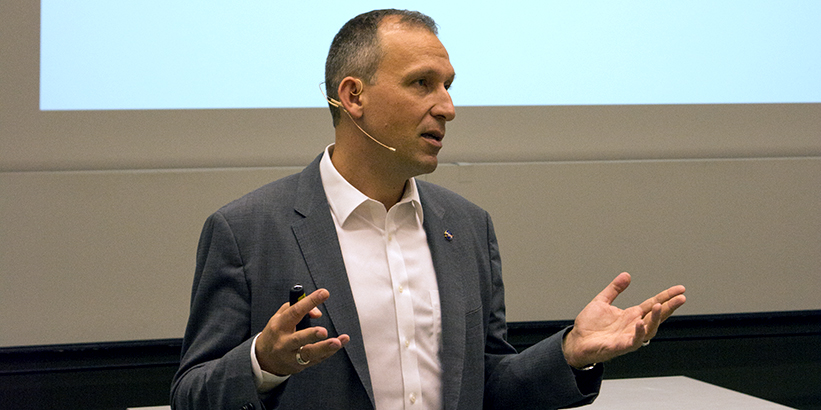News
CHEOPS Fellowship
Switzerland has established the National Center of Competences in Research (NCCR) PlanetS with a broad scope which includes planet origin, evolution and characterisation, considering both the Solar System and exoplanets. With the CHEOPS Fellowship programme PlanetS wants to support the scientific exploitation of the ESA CHEOPS mission – the first dedicated to search for transits […]
Continue ReadingInformatiker/in mit Schwerpunkt Web-Design (80-100%)
Im Rahmen des Nationalen Forschungsschwerpunkt (NFS PlanetS) und der CHEOPS Weltraummission sucht das Center for Space and Habitability per 1.11.2018 oder nach Vereinbarung eine/n Informatiker/in mit Schwerpunkt Web-Design (80-100%) In Ihren Aufgabenbereich fallen: Pflege und Verwaltung von bestehenden Web-Auftritten Neu- und Weiterentwicklung von Web-Applikationen (PHP, SQL, JavaScript, Ajax) Installation und Wartung jeglicher webbasierten Tools (z.B. […]
Continue ReadingPhd position on the statistical comparison between planet population synthesis and observations at the universities of Bern and Geneva
Phd position on the statistical comparison between planet population synthesis and observations at the universities of Bern and Geneva. We are offering a new PhD position in the field of planetary sciences. The PhD student is expected to make the link between the theoretical efforts of planet population modeling developed in Bern and the actual […]
Continue ReadingPostdoctoral position in the field of planetary sciences at the University of Bern
We are offering a new postdoctoral position in the field of planetary sciences. The selected applicant will address different key problems of planet formation and will contribute to the development of planet formation models, both based on accretion of planetesimals and accretion of pebbles, as well as the analysis of the results of models. The […]
Continue ReadingPostDoc position in early solar system studies – University of Bern
The Physics Institute and the Institute for Geology, both at the University of Bern invite applications for a Postdoctoral fellowship in the field of early solar system chronology and noble gas cosmochemistry. The proposed project, which is funded within the NCCR PlanetS program, aims at dating chondrules from primitive meteorites using the 26Al-26Mg dating system. […]
Continue ReadingPhD Position – University of Bern
The CSH is a multi-disciplinary center for scientists working on the formation, detection and characterization of other worlds, the definition of life and our search for it elsewhere in the Universe. It is home to astronomers, atmospheric, climate and planetary researchers, geologists and geophysicists, biologists, chemists and philosophers. PHD POSITION IN ASTROCHEMISTRY, STAR AND PLANET […]
Continue Reading“Switzerland is a space nation!”
The research satellite CHEOPS was developed jointly by the University of Bern and the European Space Agency ESA. At an event at RUAG in Zurich on 27 August 2018, representatives of the institutions involved in its construction visited the satellite. Among the speakers and guests were Federal Councillor Johann Schneider-Ammann, Jan Wörner, Director General of […]
Continue ReadingJupiter had growth disorders
Researchers of the Universities of Bern and Zürich and of ETH Zürich show how Jupiter was formed. Data collected from meteorites had indicated that the growth of the giant planet had been delayed for two million years. Now the researchers have found an explanation: Collisions with kilometer-sized blocks generated high energy, which meant that in […]
Continue ReadingNew comet models thanks to “Chury” data
The MiARD project (Multi-instrument Analysis of Rosetta Data) was a 30-month international research project led by the University of Bern to make the best use of the vast amount of data produced by the Rosetta mission. The most important results, models and an artistic project on MiARD have now been presented. The Rosetta spacecraft has […]
Continue Reading“If a theory persists under pressure, then it’s good”
When the NASA science director comes to Bern, a full lecture hall is guaranteed. This was naturally the case on Tuesday, 21 August, when Thomas Zurbuchen gave a lecture entitled “On the Shore of the Cosmic Ocean”. The title of Zurbuchen’s talk was based on this well-known quotation by the astronomer Carl Sagan: “The surface […]
Continue Reading




